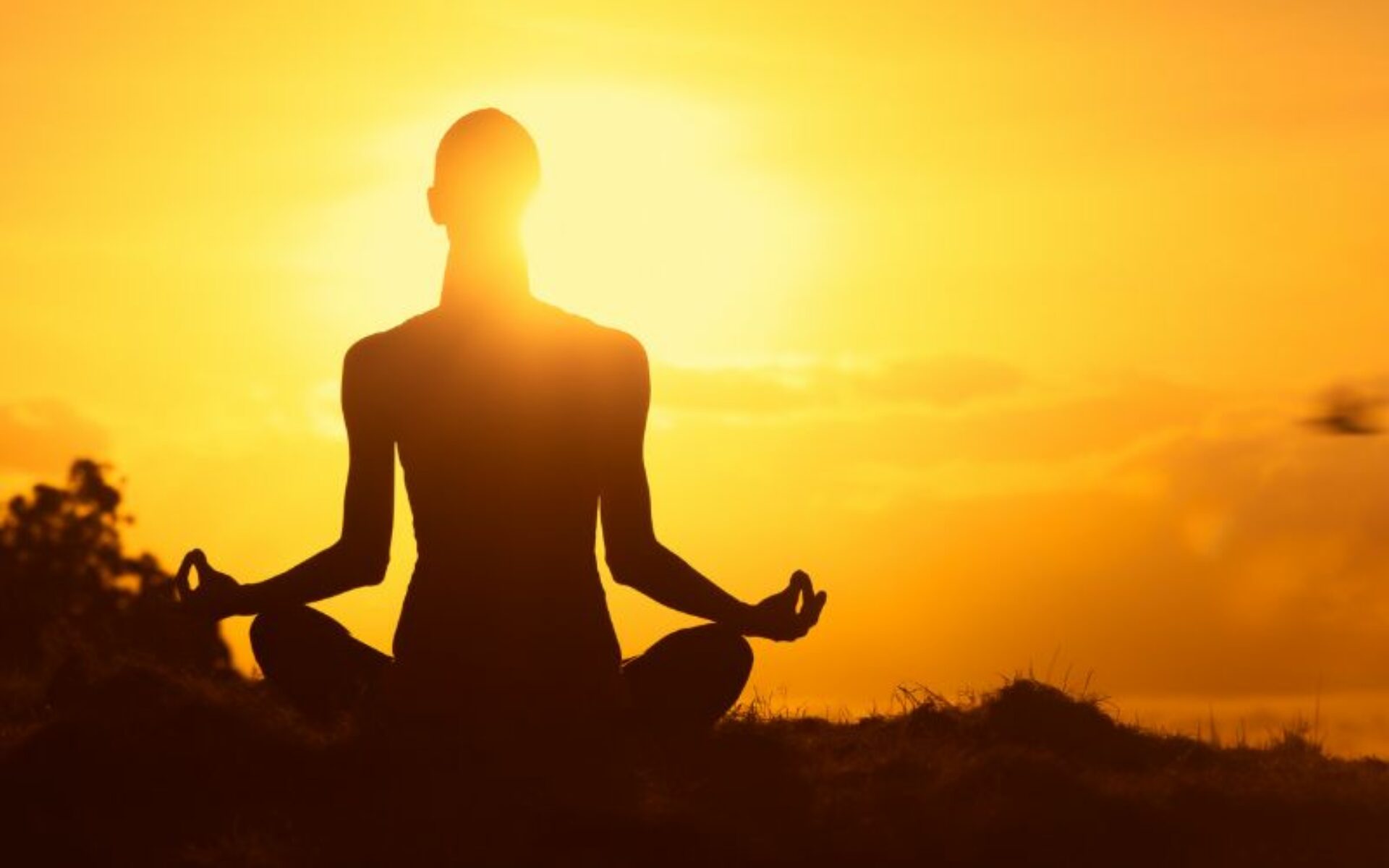For International Stress Awareness Day, we share some tips for coping with stress and looking after our wellbeing.
Today is International Stress Awareness Day, so I thought I’d share my personal ways of coping with stress and highlight while there are underlying themes to some of these coping techniques, the exact measure we employ are likely to be personal to our own preferences.
And that is interesting in itself. I work for a mental health research charity and my colleagues would ask – what does the evidence base say? I am not sure many people reach for journal articles to manage stress. Maybe reading books and magazines to compare tips from others with our own experiences but mostly it feels like we learn by doing.
I make sure that everything I pick has an overall positive effect of my life, knowing that if one takes a hit, I have the others to give balance to the positives in my life.
I stay away from putting all my eggs in one basket and I will spread my time across several areas such as family and friends, hobbies, education and work. I make sure that everything I pick has an overall positive effect of my life, knowing that if one takes a hit, I have the others to give balance to the positives in my life.
Looking after yourself physically is also important. For me, the most important thing I can do is get a good night’s sleep. I’m so much more likely to become easily stressed if I’m tired, where if I’m well-rested I’m more likely to be able to see things in perspective and make good decisions on how to get through a potentially difficult situation.
Being organised with my time helps me cope when pressure mounts to get things done. I love nothing more than a good list, it helps me organise and remember, so I don’t have to hold everything in my head.
More than anything, what helps for me talking it out with someone I trust. Once I’ve got something off my chest, I often feel much better, then I can get along with talking about the more important things in life.
One thing is for certain – we are going to come across stressful situations in the future. This is where research on building resilience comes in, and also our own instincts.
I find it helpful to be aware of the kind of things that will help me relieve this stress. Some people like running, while I couldn’t think of anything worse! But give me a bike and I’ll ride as far as my little legs will take me.
Some people like to meditate, while I find it hard to be alone with my own thoughts when feeling stressed and have a tendency to ruminate so, for me, it isn’t always helpful. I like to distract myself and put the situation into perspective.
If I can divert my attention to a hobby, usually something creative like sewing or painting (furniture that is, I’m no Picasso!) or listening to my favourite uplifting tunes.
More than anything, what helps for me talking it out with someone I trust. Once I’ve got something off my chest, I often feel much better, then I can get along with talking about the more important things in life, like last night’s winner of the Great British Bake Off!
There are some great stress-busting techniques I have found that I haven’t mentioned at all. Some good sources if you’re looking to learn more are on the websites of Mind, the International Stress Management Association, and the NHS.
Now I am surrounded by research, I know I will have access to different information resources as they try to keep up to date with latest reviews on building resilience as part of our work on wellbeing.
We have been talking about sleep and insomnia recently as this has been the topic in the news, including reviews by Mental Elf. I find it helpful to talk about strategies for managing insomnia as I lived with it for large chunks of my life.
I’ll never be a great sleeper and I’m planning on trying out some of the new techniques that have come out of research on digital CBT for insomnia.
If you are struggling to cope with or manage feelings of stress, please see our sources of support section of the website which lists organisations and services that should be able to assist you.
